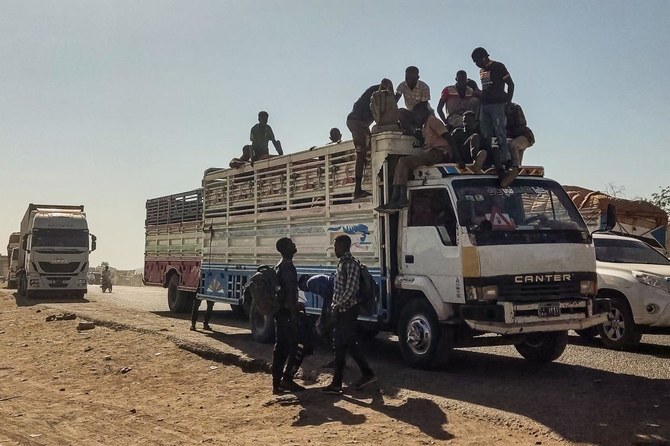
The army temporarily suspends its delivery prohibition, allowing aid trucks to enter Darfur
This week, the Sudanese army temporarily lifted a ban on deliveries, allowing a portion of the available aid to travel through the Adre border crossing from Chad into Sudan’s hunger-ravaged Darfur region.
The Adre crossing, which is the quickest route into the region, and the majority of Darfur are under the control of the army’s rivals in the country’s devastating 16-month-old conflict. In February, the army had instructed aid agencies to cease using the corridor, alleging that it was being used to transport arms. However, the order was provisionally revoked last week for a period of three months.
The Sudanese government “instructed no more movements until procedures received yesterday are agreed,” Justin Brady, head of the UN’s Office for the Coordination of Humanitarian Affairs in Sudan, stated on X late on Wednesday, after 15 trucks had traveled through the crossing out of a total of 131 at the border.
On Wednesday, the World Food Program announced that a sufficient quantity of sorghum, pulses, oil, and rice to feed 13,000 individuals had been transported on Tuesday evening to Kreinik, West Darfur. Kreinik is one of 14 regions in the country that specialists have identified as being at risk of famine.
However, the agency stated that it had prepared provisions for 500,000 individuals. Darfur is home to over six million individuals who are experiencing food insecurity, while the country as a whole is home to over 25 million individuals, which is approximately half of the population.
It was uncertain whether the provisions had arrived at Kreinik by Thursday. The RSF, which has looted aid vehicles and warehouses on numerous occasions, expressed its approval of the deliveries in a statement issued late on Wednesday, according to aid agencies.
A document from the Humanitarian Aid Commission, which is aligned with the army, demonstrated that the government’s procedures necessitated the presence of Sudanese authorities and soldiers at Chadian warehouses and the frontier for inspections.
All Categories
Recent Posts
Tags
+13162306000
zoneyetu@yahoo.com



